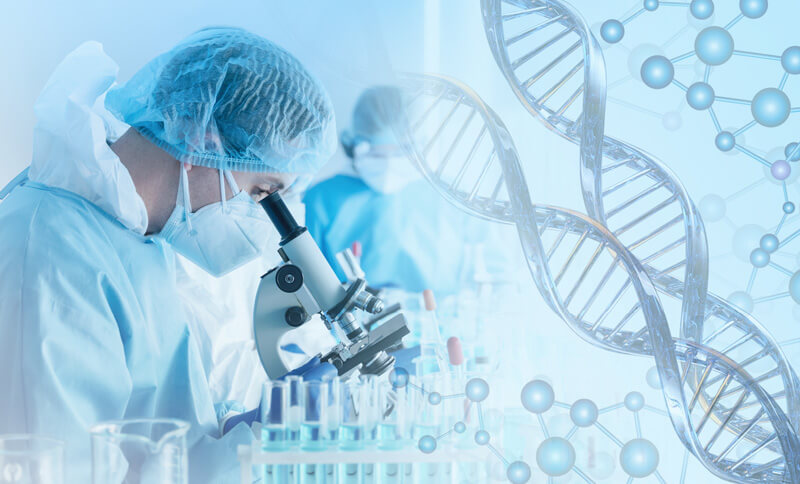- Overview
- Service
- Advantage
- Application
- Explore Other Options
Overview
What Are Stem Cells?
Stem cells are a class of undifferentiated cells with high potential for self-renewal, proliferation, and mono- or multidirectional differentiation. They exist in embryonic tissues as well as adult or fetal tissues such as bone marrow, fat, dental pulp, blood, amniotic fluid, umbilical cord and even other tissues.
Milestone Events in Stem Cell Research
 Fig. 2. Historical timeline showing events that led to the development of iPSCs and the recent advances that have occurred in the field (Singh VK, Kalsan M, et al., 2015).
Fig. 2. Historical timeline showing events that led to the development of iPSCs and the recent advances that have occurred in the field (Singh VK, Kalsan M, et al., 2015).
What are Induced Pluripotent Stem Cells?
Induced Pluripotent Stem Cells (iPSCs) are a type of stem cell generated by reprogramming adult cells, such as skin or blood cells, to possess characteristics similar to embryonic stem cells. This process typically involves introducing specific key reprogramming genes (OCT4, KLF4, SOX2, cMYC, NANOG, and LIN28) into the adult cells, enabling them to regain pluripotency.
Human iPSCs have the unique ability to differentiate into any cell type of the body including:
Creative Bioarray's Stem Cell Research Services
iPSC Generation
Our iPSC generation service offers cutting-edge reprogramming of adult somatic cells into induced pluripotent stem cells (iPSCs). With many years of experience, we deliver high-quality iPSCs with normal karyotypes, suitable for a range of applications including basic research, disease modeling, tissue engineering, regenerative medicine, and cell-based therapies. Our service ensures safe and efficient generation of iPSCs, tailored to meet the specific needs of your research or application.
Feeder-free, Footprint-free Protocols
From various donor cell types: PBMCs, fibroblasts, HSCs, MSCs, etc.
Full range of iPSC generation services tailored to your needs.
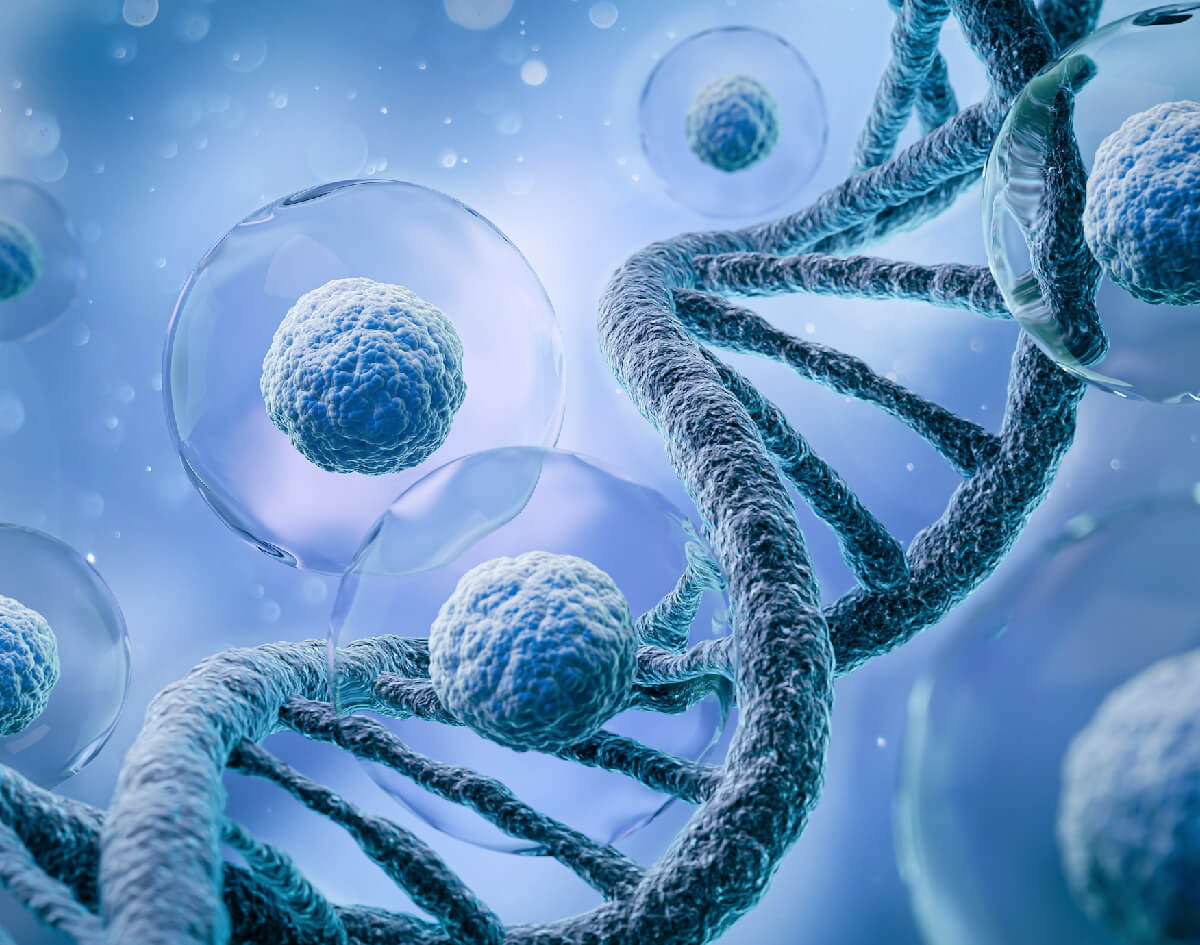
iPSC Characterization
Stem cell characterization is crucial for ensuring accuracy and reliability in stem cell research and applications. Creative Bioarray offers a comprehensive range of characterization tools and advanced instruments, allowing us to conduct extensive stem cell characterization experiments using either your provided cell lines or custom cell lines tailored by us.
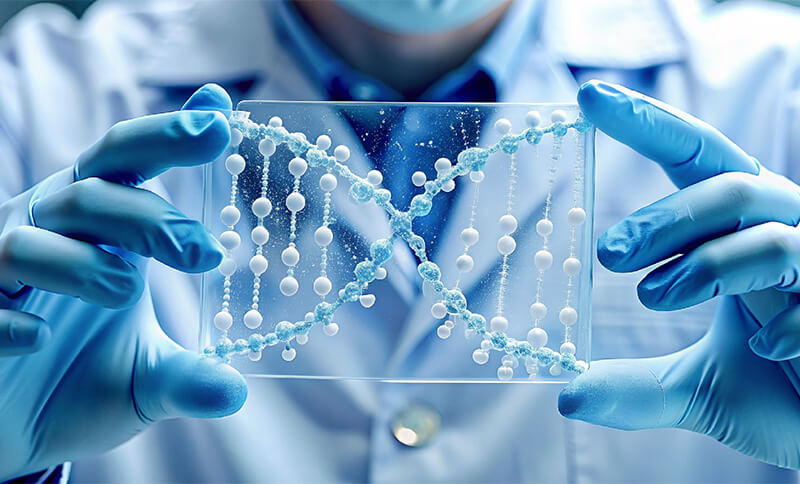
Pluripotency and lineage-specific markers staining:
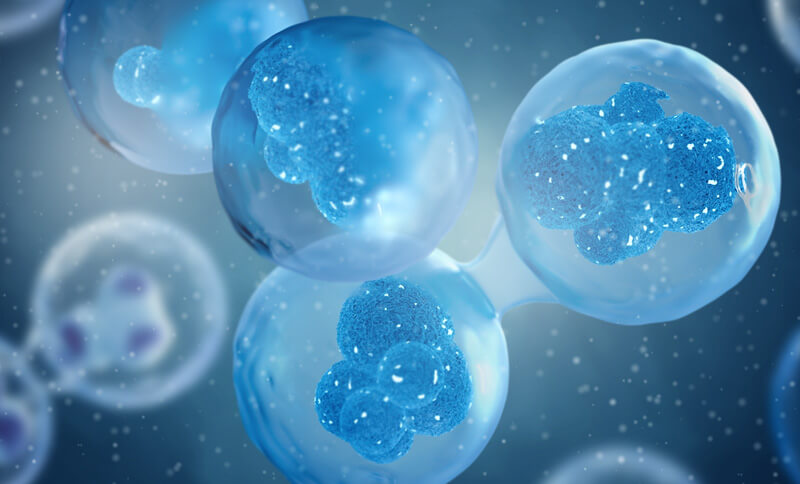
Differentiation potential analysis:
iPSC Differentiation
We possess advanced iPSC reprogramming, gene editing, and in vitro differentiation technologies, enabling us to offer high-quality iPSC differentiation services to our clients. Our services include differentiation into various cell types such as neurons, cardiomyocytes, hepatocytes, and immune cells.
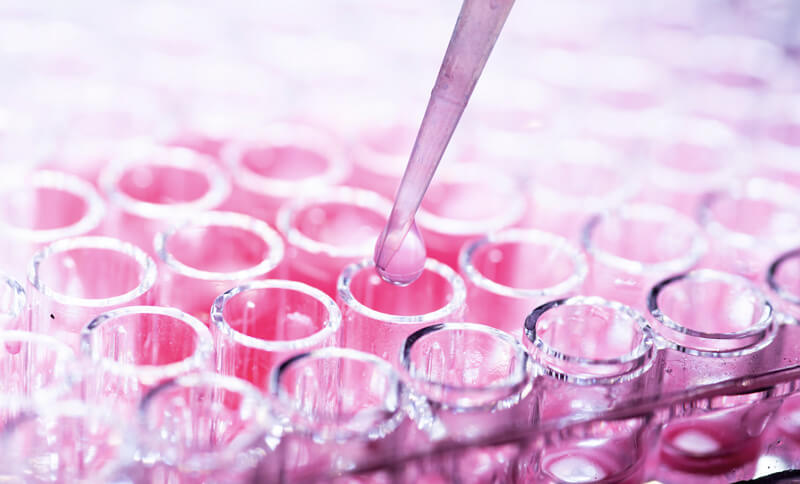
Undifferentiated iPSC Detection
Undifferentiated iPSCs may possess proliferative capabilities and pose risks such as tumor formation post-transplantation. Our Undifferentiated iPSC Detection service is designed to ensure the absence of undifferentiated iPSCs in iPSC differentiation products, helping you mitigate potential safety risks during the preparation of cell therapy products.
iPSC Gene Editing
Creative Bioarray is an experienced and outstanding provider of iPSCs Gene Editing service. We combine CRISPR-Cas9 genome editing with iPSC technology to perform gene knockout, point mutation, knock-in, and other modifications on iPSCs to meet all customer requirements.
Gene knockout
- Frame shift
- Gene disruption
- Site-specific large fragment deletion
Gene insertion
- Large or small transgene insertion
- Reporter / tag knock-in
SNPs
- Point mutations
Overexpression
- Inducible or conditional gene expression
- Gene overexpression
Gene fusion
- Translocation
- Inversion
iPSC Expanding Service
Using advanced cell culture techniques and methods, we efficiently and stably expand iPSCs to meet the demands for large quantities of iPSCs for research and clinical applications. Creative Bioarray not only focus on increasing cell numbers but also emphasize maintaining cell quality and ensuring the stability of cell characteristics.
- iPSC Expanding Based on Suspension Culture
- iPSC Expanding Based on Planar Culture
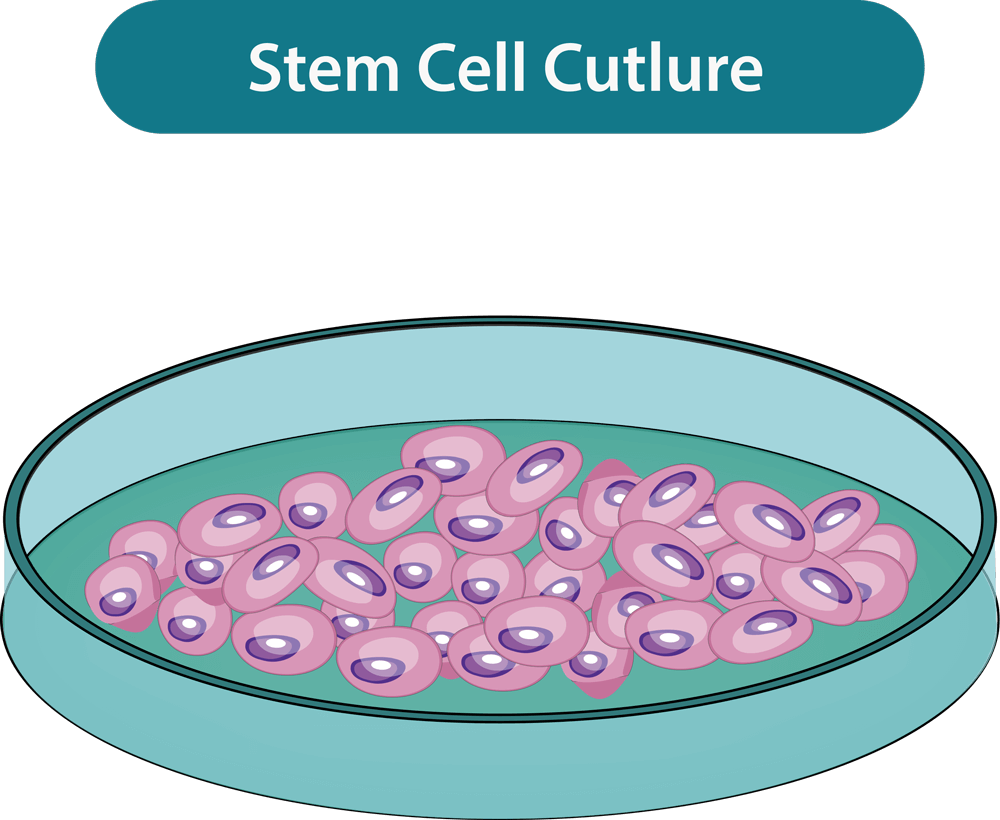
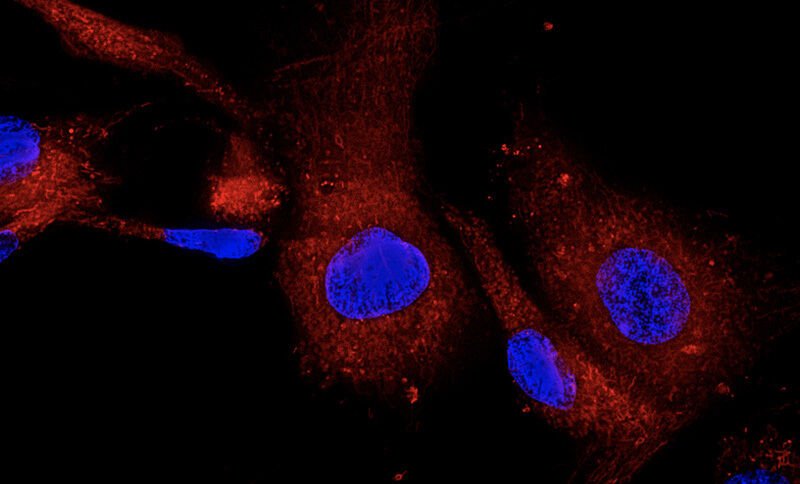
MSCs Services
As a trusted research partner in the field of biotherapy, Creative Bioarray provides advanced and experienced cell therapy research services covering all stages of MSC development, including isolation, expansion, characterization and differentiation.
- MSC Isolation and Expansion service
- MSC Characterization service
- MSC Differentiation service
Stem Cell Assay Development & Screening
Our Stem Cell Assay Development & Screening services are tailored to accelerate the discovery and evaluation of compounds influencing stem cell behavior. We specialize in designing robust and reproducible assays to assess proliferation, differentiation, cytotoxicity, and other critical endpoints in stem cells.
Why Choose Our Stem Cell Research Services?
Technological Innovation
We possess cutting-edge stem cell cultivation and differentiation technologies.
Expert Team
Comprised of industry-leading scientists and researchers.
Customized Solutions
Tailored research plans based on client needs.
Quality Assurance
Rigorous quality control systems ensure the reliability of research outcomes.
Abundant Resources
Complete laboratory equipment and a comprehensive human cell resource bank.
Applications of iPSCs
Regenerative medicine
iPSCs can be used to generate patient-specific cells for tissue repair and regeneration without the risk of immune rejection.Disease modeling
iPSCs provide a platform to model various human diseases in vitro, allowing researchers to study disease mechanisms and progression.Drug discovery and development
iPSCs enable the screening of drug efficacy and toxicity on patient-specific cells, improving drug development processes.Genetic research
They offer insights into genetic diseases by allowing the study of genetic variations and mutations in derived cell types.Personalized medicine
iPSCs can be used to tailor medical treatments to individual patients based on their genetic makeup and cell responses.Toxicology testing
They allow for more accurate toxicology testing using human cells, potentially reducing the reliance on animal testing.Study of early human development
iPSCs serve as models to research early developmental processes, furthering our understanding of human biology.References
- Zakrzewski W, Dobrzyński M, Szymonowicz M, Rybak Z. Stem cells: past, present, and future. Stem Cell Res Ther. 2019. 26;10(1):68.
- Mahla RS. Stem Cells Applications in Regenerative Medicine and Disease Therapeutics. Int J Cell Biol. 2016. 2016:6940283.
- Singh VK, Kalsan M, Kumar N, Saini A, Chandra R. Induced pluripotent stem cells: applications in regenerative medicine, disease modeling, and drug discovery. Front Cell Dev Biol. 2015. 3:2.


